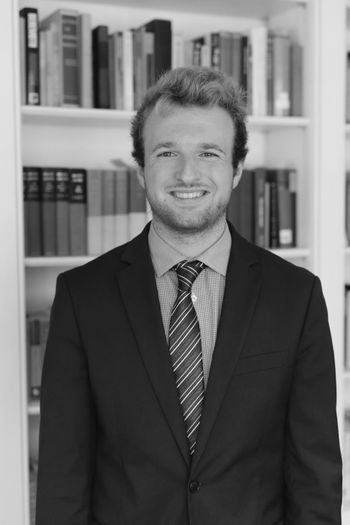‘Queering Health’ course coming to Boston University
Students will study the “unique” health challenges LGBTQ-identifying people face.
The class will also discuss “strategies for advocacy” in the field.
Boston University is set to offer students a course about “Queering Health” next semester as part of its Women’s, Gender & Sexuality Studies Program.
The course’s premise is that LGBTQ-identifying people face particular health challenges compared with others. One focus of the class will be government policies regarding gender-affirming care, which several conservative-leaning states have attempted to restrict in recent years.
“Students will also learn about LGBTQ+ affirming therapies, healthcare, public policy, and legislation,” the course description says. “This course will take a constructively critical lens to medicalized/pathologizing constructions of sexual and gender diversity and examine topics within historical and modern social context.”
It is within this context that students will learn advocacy for LGBTQ causes.
“This course will explore strategies for advocacy, improving the healthcare experience of LGBTQ+ people, and addressing barriers to accessing healthcare from local, national, and global perspectives,” the description continues.
Interested students will study the issue of LGBTQ health from a multitude of angles, including intersectionality, a term used to express how the oppression of different groups relates.
“Students will learn about the psychology of sexual orientation and gender diversity, intersectionality in LGBTQ+ communities, gender identity and sexual orientation development models, queer families and relationships, minority stress, hetero/cis-sexism, and other relevant topics,” the description says.
Currently, there is no listed faculty for “Queering Health,” but a previous Boston University webpage has lecturer Shannon Peters as the professor.
Some of her research interests are the “Impacts of systemic oppression, discrimination, and trauma on mental health of marginalized individuals (e.g., race, LGBTQAI+, immigration status, etc.)” and “Transgender healthcare and mental health.”
Per its website, the Boston University Women’s, Gender & Sexuality Studies Program “fosters interdisciplinary research and teaching related to the intersections of gender, sexuality, race, citizenship status, disability, and other dimensions of social life that sustain and exacerbate systems of inequality.”
Other courses the program will offer next spring include “Thinking Queerly,” “Feminist Inquiry,” and “Queer Theory.”
The University of Massachusetts at Boston is providing its students the opportunity to take a course called “Queer of Color Critique.”
“Activists, artists, and theorists have mobilized queer of color critique to interrogate the intersections of race, gender, sexuality, class, nation, and diaspora as a response to the inherent whiteness of mainstream queer theory and persistent heterosexism in ethnic studies,” the course description says.
Campus Reform contacted Boston University and the Women’s, Gender & Sexuality Studies Program for comment. This story will be updated accordingly.

